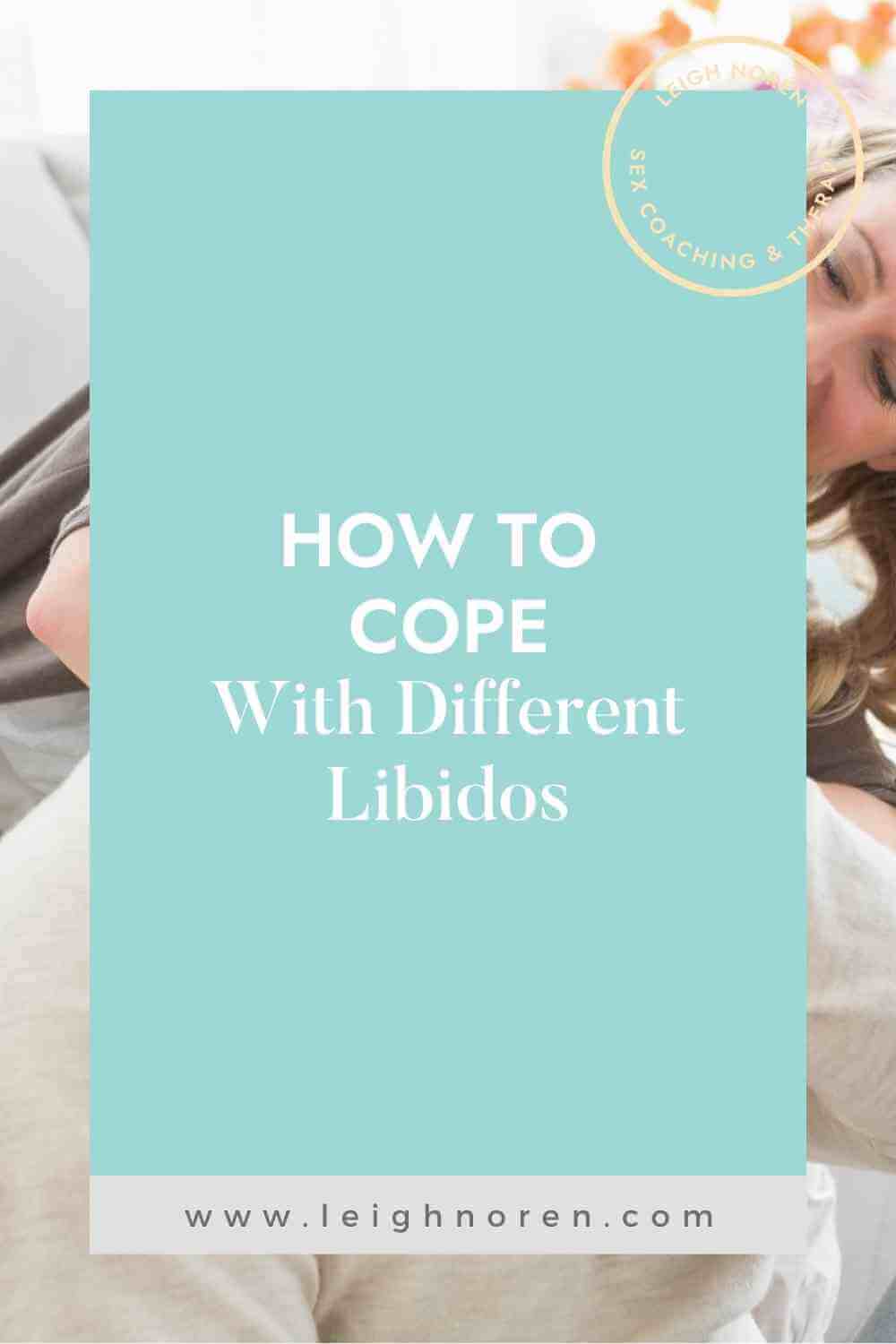Sex And Lack Of Emotions: What Does It Mean?
Sex means different things to different people. For some, it’s a highly emotional experience worthy of the saying ‘making love’. For others, it’s more of a bodily activity all about physical pleasure. Sex and lack of emotions is a bit of a controversial topic as it addresses our ideals about sex and love.
Table of contents
To understand what a lack of emotions connected to sex really means – you first need to understand what emotions are.
What Emotions Are
Emotions are usually thought of as pleasant or unpleasant states of being, but they’re actually a whole lot more complex than that.
Emotions are systems that have several different jobs – one of them is to motivate us to do certain things. You can think of them as compasses that guide us, giving us information and informing us how to act on the information.
Depending on which emotion we’re feeling, we’re urged to act in specific ways.
For example when we’re sad we might feel like crying, when we’re angry we might want to defend ourselves, and when we’re happy we might want to celebrate it by sharing the joy with those close to us.
The same thing goes for sex – in order to feel like having sex we need to feel the emotions of sex, and specifically, the emotion of sexual desire.
Without this emotion, sex doesn’t happen (at least not sex that feels good and pleasurable, which is what we should strive for).
This means that sex and lack of emotions doesn’t actually occur, because even in sex we don’t want to have, we still feel stuff. We feel anger, fear, perhaps worry, shame and guilt. Our emotions are a part of us that we cannot shake.
This, however, doesn’t mean we don’t try to.
Over time, we learn to favour positive emotions over negative ones. This isn’t strange – no one wants to feel negative feelings.
When we try to push negative emotions away, we end up pushing all of them away – even the positive ones like joy, interest and sexual desire.
This can lead to us feeling depressed or experiencing anxiety. Our bodies and minds are telling us something is off – in part because we haven’t been in contact with ourselves. And when we aren’t in contact with ourselves, we might feel like we do not want to have sex or that sex feels like nothing anymore when we actually have it.
We need to know what we’re feeling and act on our emotions – because if we don’t, we can’t know our true needs, which means we can’t feel true desire or joy.
Sex Without Strings Attached
When we think about sex and lack of emotions, we think about someone who can have sex without being connected to the other.
This is often portrayed as sex without strings attached. In films and tv-series men, more than women, are seen as wanting and engaging in sex without feelings.
This idea is based on gender stereotypes, where men are seen as being more logical than emotional and women as more emotional than logical.
But – as we know by now – emotions are evolutionarily biological processes that we all possess, regardless of gender or where in the world we’ve grown up.
And to want sex is to feel you want sex – thus, you’re not void of emotion at all.
However, just because sex involves the emotion of sexual desire, it doesn’t mean you necessarily feel emotional during sex. Or only have sex when you feel like you’re in love.
This is because there’s a difference between emotion and being emotional.
Love And Sex: Do They Go Hand In Hand?
When we talk about being emotional we’re often referring to feeling strong emotions, such as happiness or sadness and openly displaying them towards other people.
When it comes to sex, being emotional, is usually thought of as feeling in love or infatuated with the other person.
In today’s society we pair sex with love – which is one of the reasons sex without it, is still so taboo.
Sex is seen as a continuation of love – as an activity we engage in to express how we feel about one another. To have sex is to make love.
And while this is true – sex can definitely be a loving experience – it doesn’t make sex without love something wrong.
Our ideal of monogamy affects how we look at people who have sex with multiple partners, or people who engage in casual sex.
“Especially those who “don’t settle down” or are “forever bachelors”, are seen as damaged goods because they have sex without forming a deep emotional bond.”
This isn’t true. Sex can be whatever you want it to be; an emotional experience all about emotional intimacy – connecting with your heart and soul, or a bodily activity all about carnal pleasure.
WANT YOUR SEX DRIVE BACK?

My free resource The Desire Test helps you take that first step towards an increased sex drive, by understanding your decreased desire.
Take the 10-page assessment quiz, get the answers you need to understand what’s standing in the way of your desire, and get free sex and relationship tips directly to your inbox. You can unsubscribe at any time.
When Sex And Lack Of Emotions Is A Problem
Even if there is no wrong way to feel during sex or wrong way to have sex (besides non-consensual sex), there are a few instances sex and lack of emotions can turn into a problem:
1. Sexual Difficulties
Things like low libido, not being able to get an erection, or orgasm difficulties, can in part be caused by feeling low. And when you’re low, you’re not in contact with the full range of your emotions.
If you want to get past your sexual difficulties, getting in contact with your emotions is one way of doing this.
2. Pining For A Love Connection
Wanting to feel that love connection during sex – and not being able to, can be frustrating and upsetting. If this is you, sex therapy will help you reach that goal.
3. Disconnect In Relationship
Sometimes a lack of emotions leads to a relationship problem. Perhaps you feel disconnected from your partner because your partner feels lots of feelings during sex and about sex, that you simply don’t.
If you want to bridge the gap and revive your relationship, it’s important to find ways to talk about it. The following questions will help you two begin to explore the topic:
- What does sex mean to you?
- When do you feel like having sex?
- How do you want to feel when we’re having sex?
- If you’re not feeling how you’d like to feel during sex – what do you think is stopping you from feeling that way?
- How can we help each other feel differently about sex or during sex?
If you want more help you’ll find this blog post on communication in relationships and how to talk about sex, enlightening.
There’s no right or wrong way to feel about sex. For some, sex is a highly emotional experience, for others it’s more of a bodily activity. Regardless of how you feel about sex and how you feel during sex – one thing is certain – sex and lack of emotions doesn’t exist.

Zero sex drive?
You’re not alone! Download the 10-page Desire Test to find out why your desire for sex is gone (and what to do about it).
Questions based on a variety of factors proven to negatively affect desire
Find out which factors are responsible for your low or non-existent sex drive
Get instant access to expert advice, delivered directly to your inbox when you download The Desire Test. Unsubscribe anytime.
WANT TO KNOW MORE ABOUT THE DESIRE TEST?
With 9 years of experience as a sex therapist and coach - Leigh helps her clients create stress-free, shame-free, pressure-free sex lives, through her unique combination of sexological science, & psychotherapeutic & coaching tools.
OTHER POSTS YOU MIGHT ENJOY
Copyright © 2019-2026 Leigh Norén. All Rights Reserved. | Website by Pinegate Road
Cookie policy | Terms & Conditions | Privacy Policy


